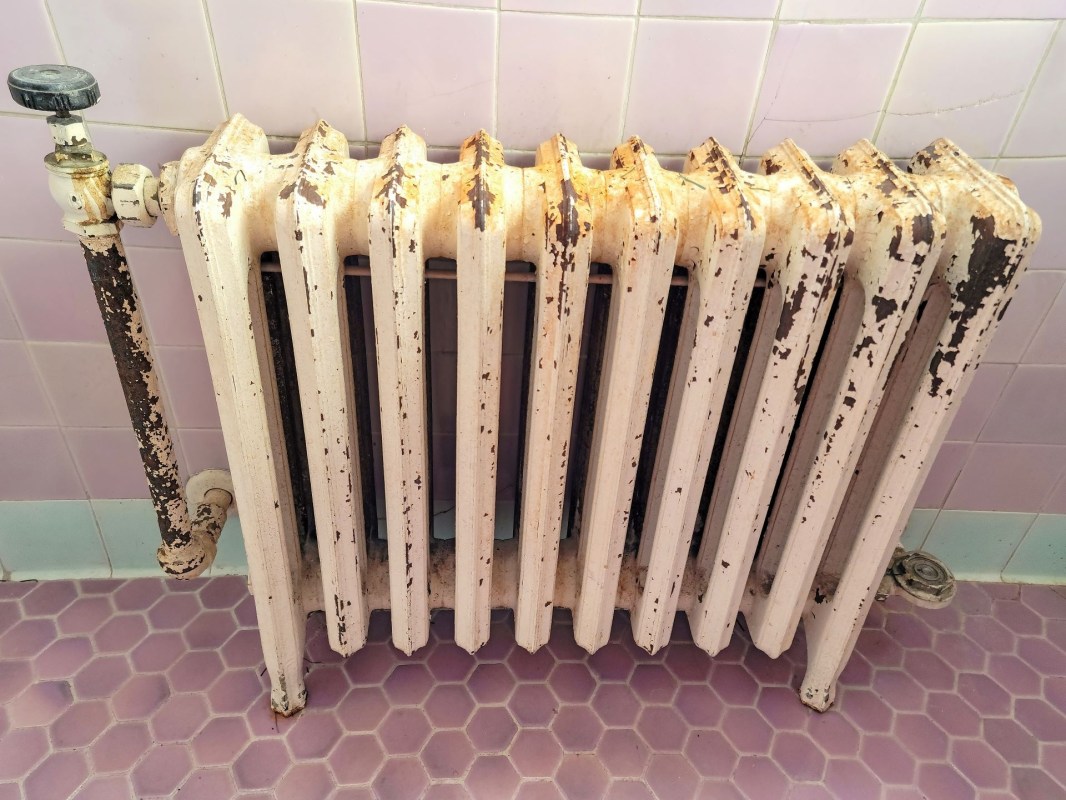One Redditor recently complained that their landlord is dragging his feet in fixing a severe gas leak in their house.
Natural gas, which is mostly made up of methane gas, is getting more controversial. Although it's commonly used in homes to power stoves, furnaces, and other appliances, a growing body of research links it to severe health problems, including one in every eight cases of childhood asthma.
Natural gas also releases heat-trapping gases into the atmosphere, so it contributes to the rising temperature of the planet.
For this Redditor, though, the risk is more immediate.
"My wife has recently complained that she has started to get more headaches than normal," the user says. "My wife is panicked that … our son possibly has been hurt. She is furious with our landlord."
According to the Redditor, their family recently called the gas company for an inspection, their second time doing so in less than a year. The inspector found a furnace leak releasing over 300 parts per million of gas into the home, and a later follow-up from the property manager revealed even more damage.
"She takes a bunch of pictures and apologizes for it getting this bad as the landlord is 'chintzy' and won't pay for outside help with problems," the original poster says.
In response to the original poster's questions about potential legal action, another user recommends gathering evidence.
"First, get a CO2 detector ASAP if you don't already have one. Next, if you want to pursue anything for damages you'll need to go to a doctor and get a diagnosis and treatment plan, etc.," they write. "If you want to get out of your lease, the poor repair of the house might provide you a way out without penalty. Otherwise, your real remedy here is to move."
For residents in similar situations who don't want to leave, switching to electric appliances is sometimes an option. While electric appliances have an undeserved reputation for being unreliable, incidents like this one show that gas can be dangerous.
But renters and HOA members face hurdles in switching to safer energy sources, like this New York City resident whose building co-op required an impact study before they could cap their gas line.
Join our free newsletter for easy tips to save more, waste less, and help yourself while helping the planet.









